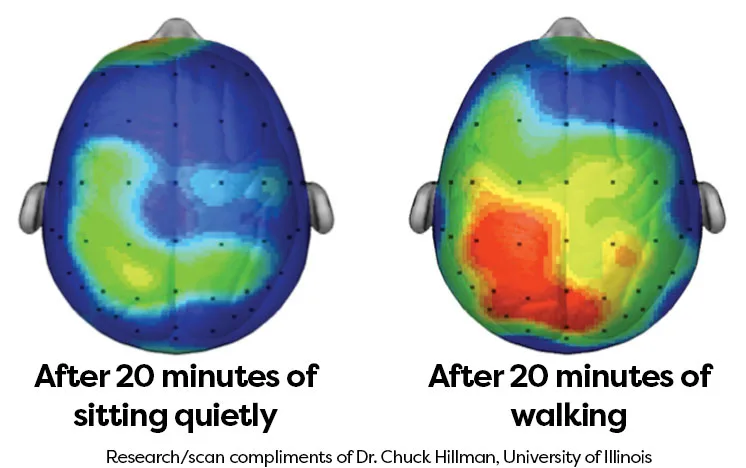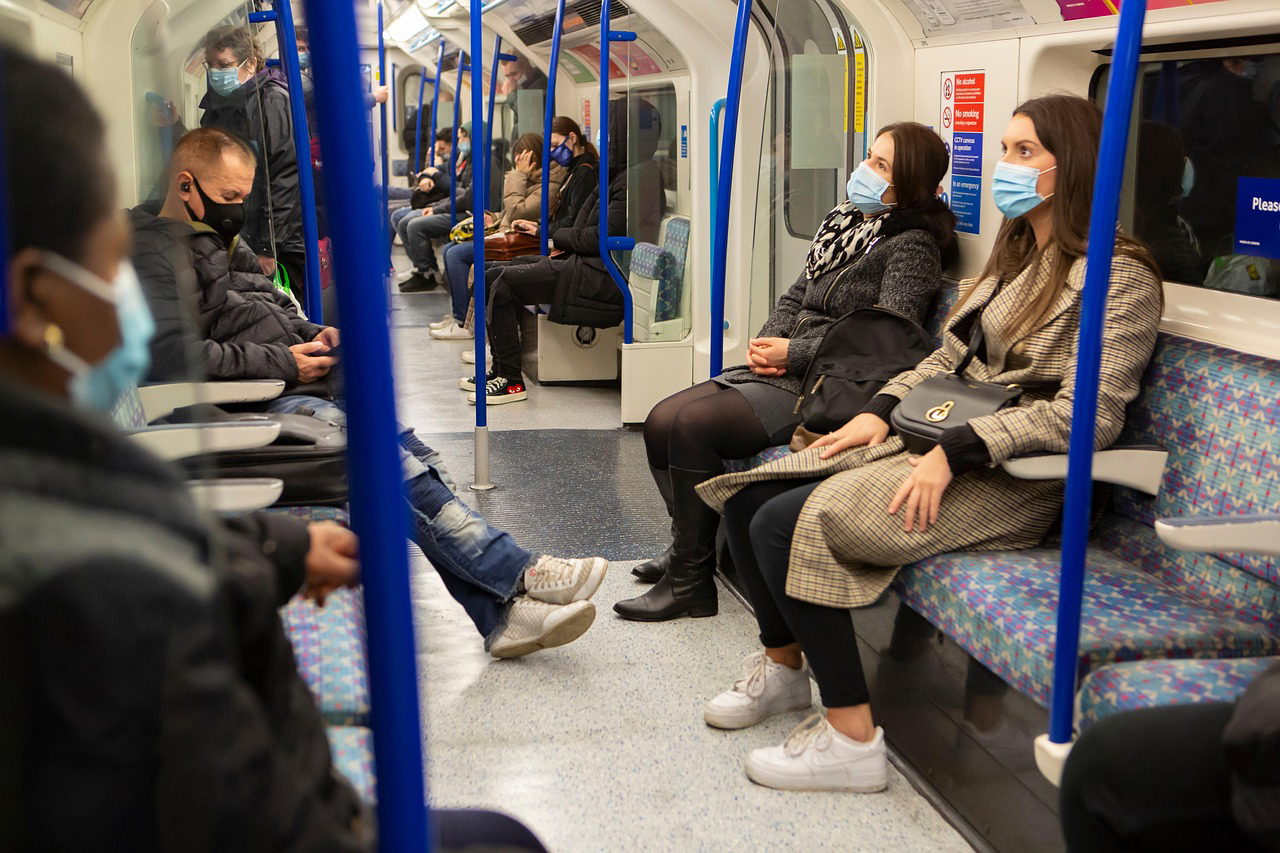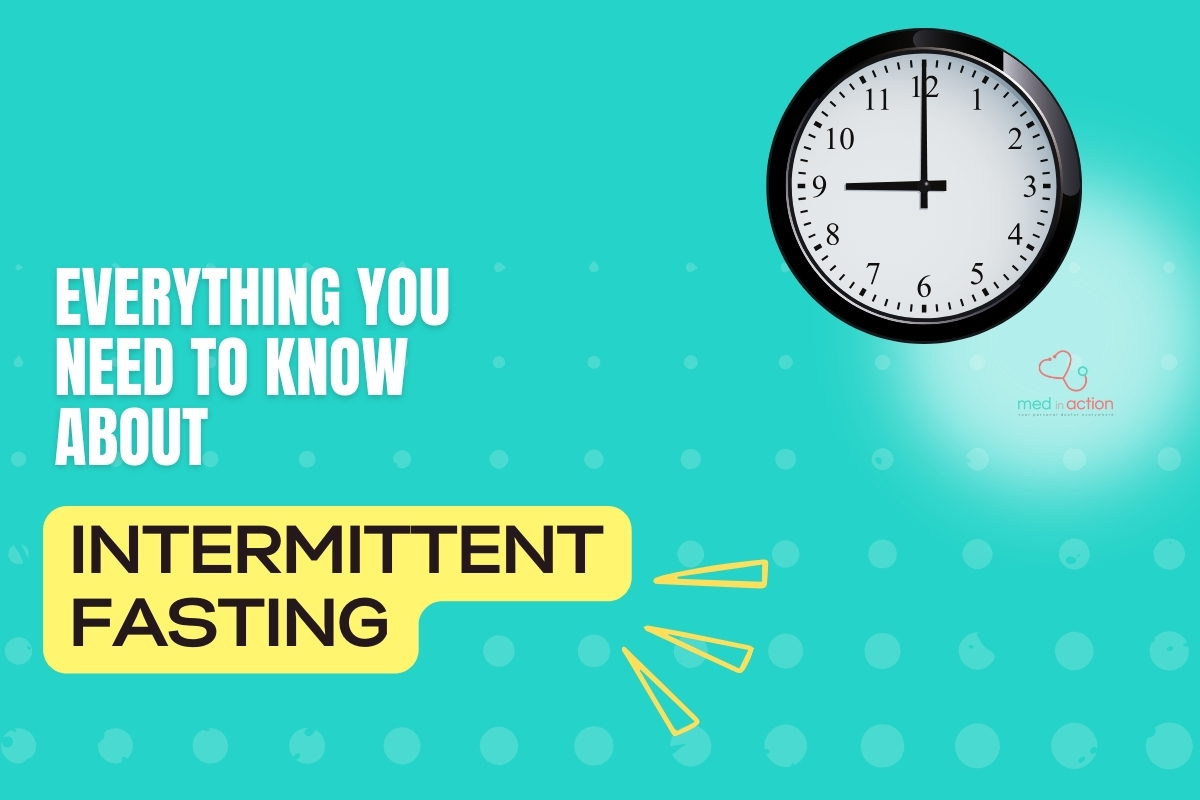A John Cabot University Students Perspective
Studying abroad is one of the most exciting educational experience in a students’ life; meeting new people, exploring a new home, language, thoughts and ideas! However, being a student can also be extremely challenging and taxing on your mental health. During the college experience, we all need a so-called relief valve that can get us through the semester, helping us to stay positive and decrease stress. In college we learn new skills for our future career, but we must also learn how to cope with the stress of new demands. Both are life long skills that will continue to complement each other.
But why is physical exercise so important?
Besides the most obvious benefits such as stronger bones and muscles, better blood pressure and the control of our weight, the Better Health Channel, 2018, shows us how physical activity is bounded with a healthier state of mind. Exercising on a daily ~ how it really helps:
- Distract us from negative thoughts: Three midterms in one week? Try to get your mind off these constant preoccupations, give your brain a break! Once you have given your brain a little bit of physical exercise it will be more than ready to get back on track and to deal with exams in the best way possible. When we exercise, we balance levels of serotonin, and according to the Australian Institute of Fitness, 2016, serotonin improves our mood, our impulsivity and our anger. Hence, the best moment to study is after having exercised.
- Interact with new people: When we meet new people, we automatically became happier and feel more satisfied about our social life. Furthermore, meeting new people while exercising makes our brain even happier about what we are doing. In the long run, it’s not productive to lock yourself into a room without socializing or letting your brain breathe a bit.
- Improve our mood and get better night sleeps: The best night sleeps are the ones after having exercised. With a good night sleep, it will be of course easier to study and to concentrate on college. The National Sleep Foundation, has showed that physical exercise is even a natural remedy for insomnia.
- Change levels of stress hormones in our brain: A regular physical activity keeps you healthy and joyful as it reduces stress. Harvard Medical School, 2018, recommends aerobic exercises to relieve stress and to improve your blood pressure.

Long Term Benefits
Exercising has both short term and long term benefits. Centers for Control Diseases and Prevention provide us with a list of diseases that we are able to prevent my doing constant physical activity:
- It reduces the risk of cardiovascular diseases and strokes,
- It reduces the risk of diabetes and metabolic syndrome,
- People who exercise have lower risks of getting colon and breast cancer,
- Increase your chances of living longer.
“Alright. I will exercise more, but how much exercise do I need to do?”
Madhukar Trivedi, a psychiatrist at the UT Southwestern Medical Center, showed that we need two or three aerobic sessions per week. If you haven’t had a lot of physical activity in the past, this may seem like a lot at first! Don’t worry, the body has a magical way of adjusting. An activity level that once made you tired and sore will soon leave you feeling energized and refreshed ~ In fact, you may even feel that your body begins to crave exercise over time, the positive endorphins that are released throughout the body when you exercise will be missed if you start skipping activities after having an active lifestyle.
How to choose the best type of exercise
If you have never been an active person, it is totally understandable that it can be hard to start from scratch and build your own exercise schedule. Hot Tip:
- Choose an activity that you like: Maybe you have tried an activity that you would like to try again. Perhaps something new has sparked your interest. It doesn’t have to be an organised sport, you can go for a brisk walk or jog to check out your new location and get some fresh air (better yet, do it with a friend! ~ or on your own to begin). Maybe it’s raining and you would rather try a free yoga session online that day. Mix it up! The choice is yours how you spend your time, and when your finished you will be feeling fantastic!
- Increase the chosen activity gradually: Do not start with a super hard workout, you will feel overly tired and your body will be sore for days. Do it gradually, recognize and accept your limits, and overcome them step by step.
- Decide and write down when you want to exercise: By doing so you will feel more motivated to complete your daily schedule, and it will also improve your sense of self-satisfaction. In general, studies have shown how both high and low intensity workout can be beneficial for our health. So choose what you like and get moving~
The other side of the coin. What happens if we do not exercise as much as we need to?
Many people believe that they can get away with the least amount of physical activity that they can. What they probably do not know is that the less exercise you do, the more chances you have to become depressed, anxious, and less motivated.
The benefits of physical activity may not be immediately noticeable, but they will be there. The secret is to do it in a smart way. Take your time, pick your favorite exercise, and let’s rock!




